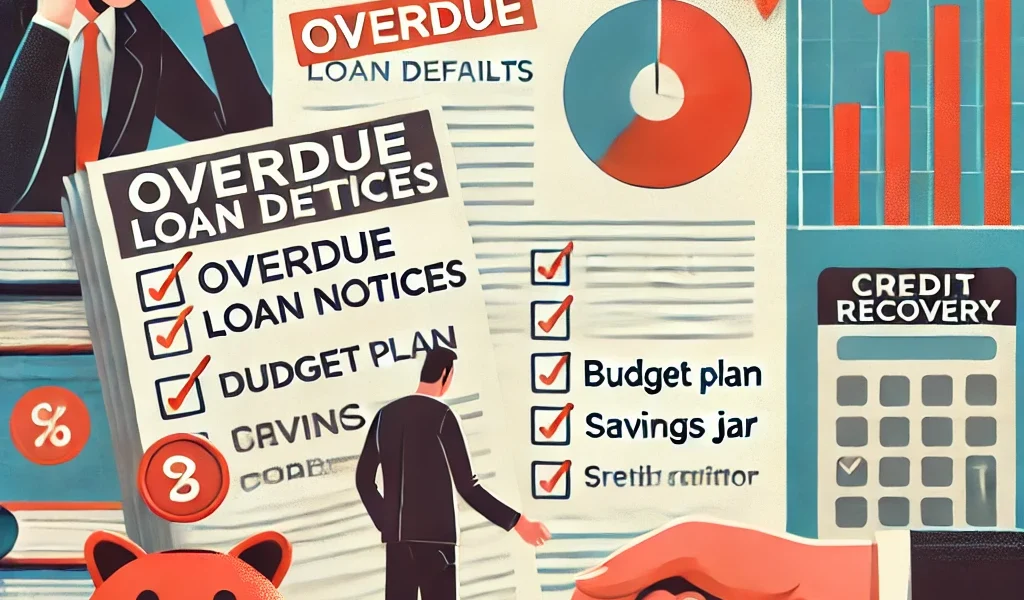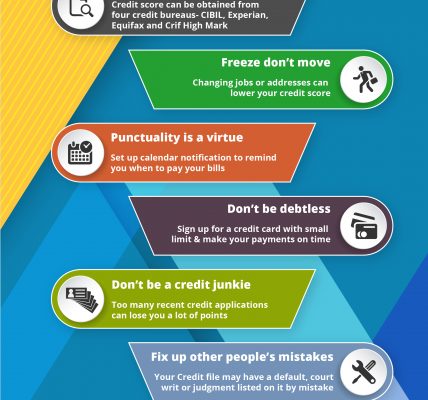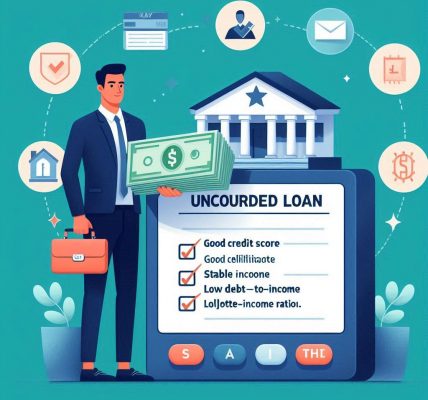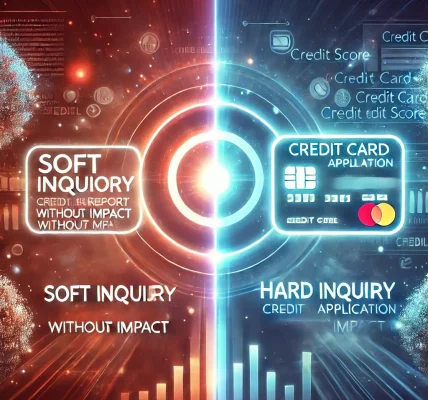Loan defaults can have serious consequences on your financial well-being, affecting everything from your credit score to your ability to borrow in the future. Understanding these impacts and learning how to recover from a default is crucial for financial stability. In this article, we’ll explore the effects of loan defaults and provide actionable steps to help you get back on track.
Understanding Loan Defaults
A loan default occurs when a borrower fails to make payments as agreed upon in the loan contract. Lenders typically provide a grace period before marking a loan as delinquent. However, if payments continue to be missed, the loan will be classified as defaulted, leading to severe financial repercussions.
The Impact of Loan Defaults on Your Financial Future
1. Severe Damage to Your Credit Score
One of the most immediate and significant consequences of loan default is a drastic drop in your credit score. A default can remain on your credit report for up to seven years, making it difficult to qualify for future loans, credit cards, or even rental applications.
2. Higher Interest Rates on Future Loans
Lenders view defaulters as high-risk borrowers. If you are approved for credit after a default, expect significantly higher interest rates, making borrowing more expensive in the future.
3. Legal Actions and Wage Garnishments
Depending on the type of loan and lender policies, defaulting on a loan can result in legal consequences, such as lawsuits, wage garnishments, or property liens. This can create additional financial strain and affect your quality of life.
4. Difficulty in Securing Housing and Employment
Many landlords and employers check credit reports before approving rental applications or hiring candidates. A loan default on your credit report may reduce your chances of securing a home or job, especially in competitive markets.
5. Loss of Assets in Secured Loans
If you default on a secured loan (such as a mortgage or auto loan), the lender has the right to repossess the collateral used to secure the loan. This could mean losing your home, car, or other valuable assets.
6. Emotional and Psychological Stress
The financial burden of default can lead to anxiety, stress, and even depression. The feeling of being overwhelmed by debt can impact personal relationships and overall well-being.
How to Recover from a Loan Default
While defaulting on a loan is a serious financial setback, recovery is possible with the right strategy. Here are steps to help you rebuild your financial health.
1. Assess Your Financial Situation
The first step to recovery is understanding the extent of your financial trouble. Review your outstanding debts, credit report, and overall financial obligations. Knowing where you stand can help you create a plan.
2. Communicate with Your Lender
Ignoring a default will only make matters worse. Contact your lender and explain your situation. Many lenders offer hardship programs, loan modifications, or settlement options to help borrowers get back on track.
3. Negotiate a Repayment Plan
If you’re struggling to make payments, negotiating a new repayment plan with your lender may be an option. They might be willing to extend the loan term, reduce interest rates, or allow for smaller payments to make it manageable.
4. Consider Debt Consolidation
Debt consolidation allows you to combine multiple debts into a single loan with a lower interest rate. This simplifies payments and may help you regain control of your finances.
5. Work on Rebuilding Your Credit
To rebuild your credit after a default, make timely payments on your remaining debts, reduce your credit utilization, and avoid taking on new high-interest loans. Secured credit cards or credit-builder loans can also help improve your credit score.
6. Seek Financial Counseling
A professional financial counselor can help you create a budget, negotiate with lenders, and provide guidance on managing debt effectively.
7. Explore Debt Settlement Options
In some cases, lenders may be willing to accept a reduced lump sum payment to settle the debt. Be sure to get any agreement in writing before making a payment.
8. Increase Your Income and Cut Expenses
Boosting your income through a side job, freelance work, or overtime can help you repay debts faster. Cutting unnecessary expenses and focusing on essential needs can also free up money for repayments.
Preventing Future Defaults
The best way to avoid loan defaults in the future is to practice good financial habits. Here are some preventive measures:
- Create a budget and stick to it.
- Build an emergency fund to cover unexpected expenses.
- Borrow responsibly and only take loans you can realistically afford to repay.
- Monitor your credit report regularly to stay informed about your financial health.
- Seek professional financial advice if you’re struggling with debt management.
Final Thoughts
Defaulting on a loan can have long-term financial consequences, but it’s not the end of the road. By taking proactive steps, communicating with lenders, and adopting responsible financial practices, you can recover and rebuild your financial future. Stay committed to improving your financial health, and over time, you will regain stability and peace of mind.




